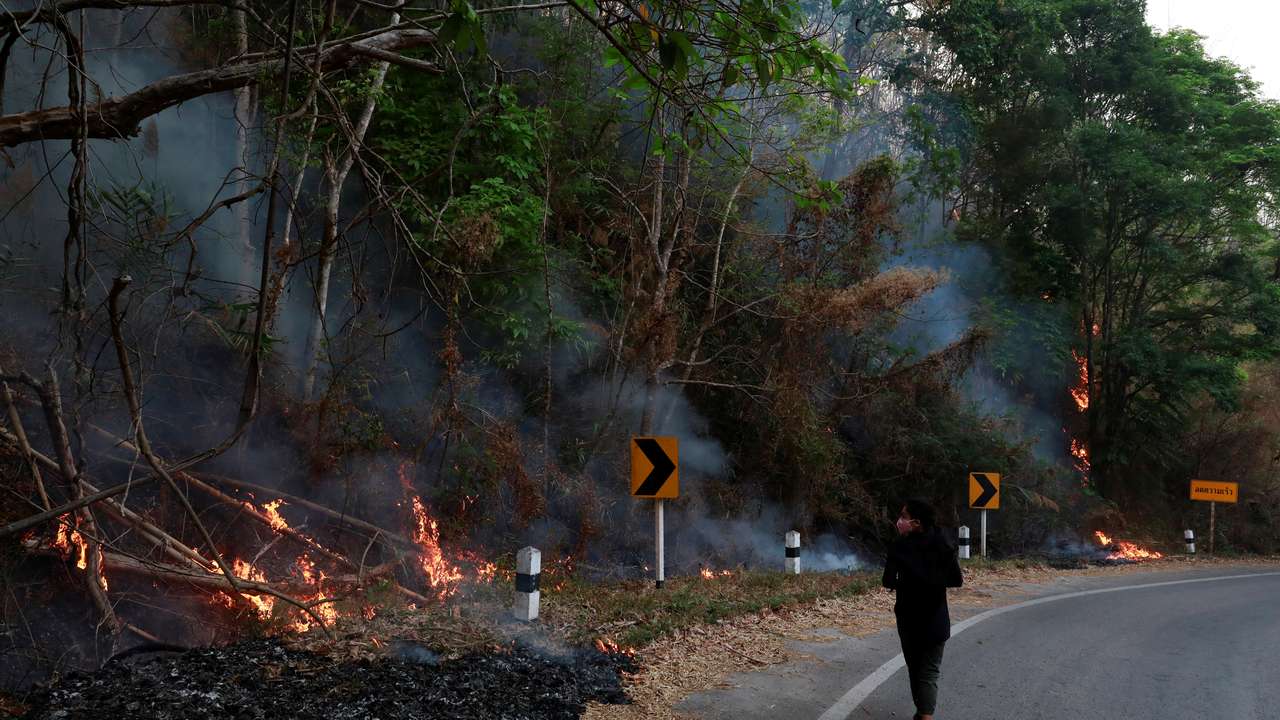Environmental journalism is increasingly dangerous profession, UN chief says
- #Advocacy Groups
- #Pressure Groups
- #Lobbies
- #Americas
- #Pollution
- #Freedom of Speech
- #Censorship
- #Fundamental Rights
- #Civil Liberties
- #Conflicts
- #War
- #Peace
- #Diplomacy
- #Foreign Policy
- #Emerging Market Countries
- #Environment
- #Human Rights
- #Civil Rights
- #South America
- #Central America
- #government
- #Politics
- #Social Media
- #Society
- #Social Issues
- #United Nations
- #United Nations Educational
- #Scientific and Cultural Organization
- #Advocacy Groups
- #Pressure Groups
- #Lobbies
- #Americas
- #Pollution
- #Freedom of Speech
- #Censorship
- #Fundamental Rights
- #Civil Liberties
- #Conflicts
- #War
- #Peace
- #Diplomacy
- #Foreign Policy
- #Emerging Market Countries
- #Environment
- #Human Rights
- #Civil Rights
- #South America
- #Central America
- #government
- #Politics
- #Social Media
- #Society
- #Social Issues
- #United Nations
- #United Nations Educational
- #Scientific and Cultural Organization

Environmental journalism is increasingly dangerous profession, UN chief says
By Juana Casas
Journalists covering environmental issues have become increasingly targeted with violence as the world faces an unprecedented environmental emergency, U.N. Secretary-General Antonio Guterres said on Friday.
A report by UNESCO, the United Nations' scientific and cultural organization, released the day before showed an increase in violence against environmental reporters around the world by both state and private actors.
"Press freedom is under siege, and environmental journalism is an increasingly dangerous profession," Guterres said by video message at a World Press Freedom Day event in Santiago, Chile.
Guterres said dozens of journalists have died in recent years covering topics such as illegal mining, logging and poaching.
Of the 44 journalists who were murdered in 15 countries while reporting on environmental issues from 2009 to 2023, only five cases resulted in convictions, according to the UNESCO report.
Meanwhile, more than 70% of the 905 journalists the agency surveyed in 129 countries said they had been attacked, threatened or pressured, and that the violence against them had worsened.
Chilean President Gabriel Boric said that in Latin America, the situation was "particularly pressing," with two converging issues: "the protection of environmental defenders and the right to exercise freedom of expression."
Boric, citing other figures for the deaths of both environmental activists and journalists in Latin America, said the "chilling figures should call for action," while UNESCO head Audrey Azulay highlighted the case of journalist Dom Phillips and indigenous expert Bruno Pereira, who were killed in the Brazilian Amazon in 2022.
Both Guterres and Boric also condemned the deaths of journalists killed in Gaza as Israel's attacks on the Palestinian territory continue.
This article was produced by Reuters news agency. It has not been edited by Global South World.